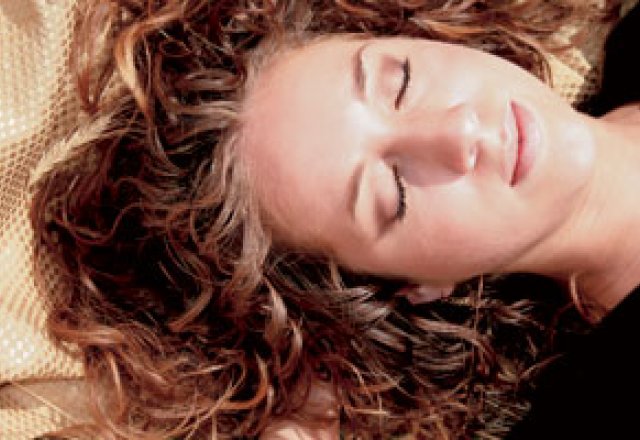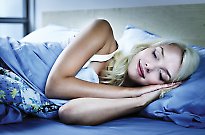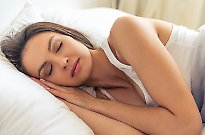
What is sleep apnoea?

Libby Burke reports
Each year, thousands of Australians are diagnosed with this condition. It can affect individuals of all ages, although your risk factors increase with age and obesity
What is sleep apnoea?
Sleep apnoea is a condition where you stop breathing during sleep. In the sufferer, the muscles of the upper airway collapse, constrict and then totally block airflow to the lungs. When this happens, an arousal is triggered by the brain and muscle tone returns, opening the airway. The sufferer then falls back to sleep and the process is repeated over and over again: sleep, airway collapse, arousal. Symptoms include regular snoring, daytime tiredness or fatigue, poor concentration, restless sleep, and/or gasping or choking at night.
The general manager of Acurest sleep mask manufacturer, Scott Coulter, says unfortunately, the sufferer isn’t the only victim in sleep apnoea.
“The time taken for the brain to trigger an arousal can be up to two minutes, and arousal is often accompanied by a choking cough,” Scott says. “The bed partner hears the breathing stop, then waits – panics – for it to start again. In this bed, nobody is getting much sleep. Sleep apnoea sufferers – and their partners – navigate through their days running on empty, with a lack of energy, reduced ability to concentrate, mood swings, and irritability. These side effects can be potentially lethal when your job involves people’s lives being at risk, for instance a nurse or bus driver.”
Side effects
According to the American Sleep Foundation, sleep deprivation is now the number one medical issue in the Western World. Side effects related to sleep deprivation include obesity, diabetes, depression, high blood pressure, heart disease, increased risk of heart attack and stroke, as well as complications during anesthetics.
Impotence or reduced libido are also detrimental effects that can be attributed to a lack of sleep. This is all dire news for someone suffering from sleep apnoea, and all the more reason to visit a doctor if you are suffering any of the telltale symptoms described above.
How to treat sleep apnoea
The most common form of sleep apnoea treatment is CPAP (continuous positive air pressure), which involves a pump blowing air through a mask that is worn over the nose. While CPAP, an Australian invention, has been a lifesaver for millions of sufferers across the globe, a one-size fits all model does not suit everyone – so it’s important to invest in the right one for you.
Queensland president of Sleep Disorders Association Joe Soda says he receives many complaints from sufferers due to ill-fitting masks, and that a specially fitted mask would probably have long-term benefits for the user.
Sleep apnoea sufferer Pam Verney says her new Logical-brand mask has made a huge difference to her lifestyle.
“My custom-fit mask is much less intrusive and I am getting better quality sleep and less leakage,” Pam says. “I am sleeping more and overall have much better sleep.”
Natural options
While the CPAP mask is the standard treatment for managing sleep apnoea, looking after our health naturally can play an important role in improving our general wellbeing to gradually overcome symptoms.
Naturopathic technical consultant Erica Whisson, from Queensland-based supplement company Bio Concepts, says specific nutrients will help strengthen the connective tissues that collapse during breathing in sleep apnoea. These nutrients include amino acids proline, valine and glycine, the minerals copper and zinc, and vitamin C and rutin.
Erica also says obesity, allergies, asthma, respiratory infections and excessive alcohol intake can be compounding factors, so she recommends a diet low in saturated fats, high in essential fats and fruits and vegetables. This will ensure you’re eating foods that are anti-inflammatory and high in antioxidants.
Other holistic options include the flower remedy vervain and herbs such as valerian, passionflower and hops to induce restful sleep and combat restlessness and anxiety.
Next: read our top tips to a good night's sleep>>
Photo credit: iStock


